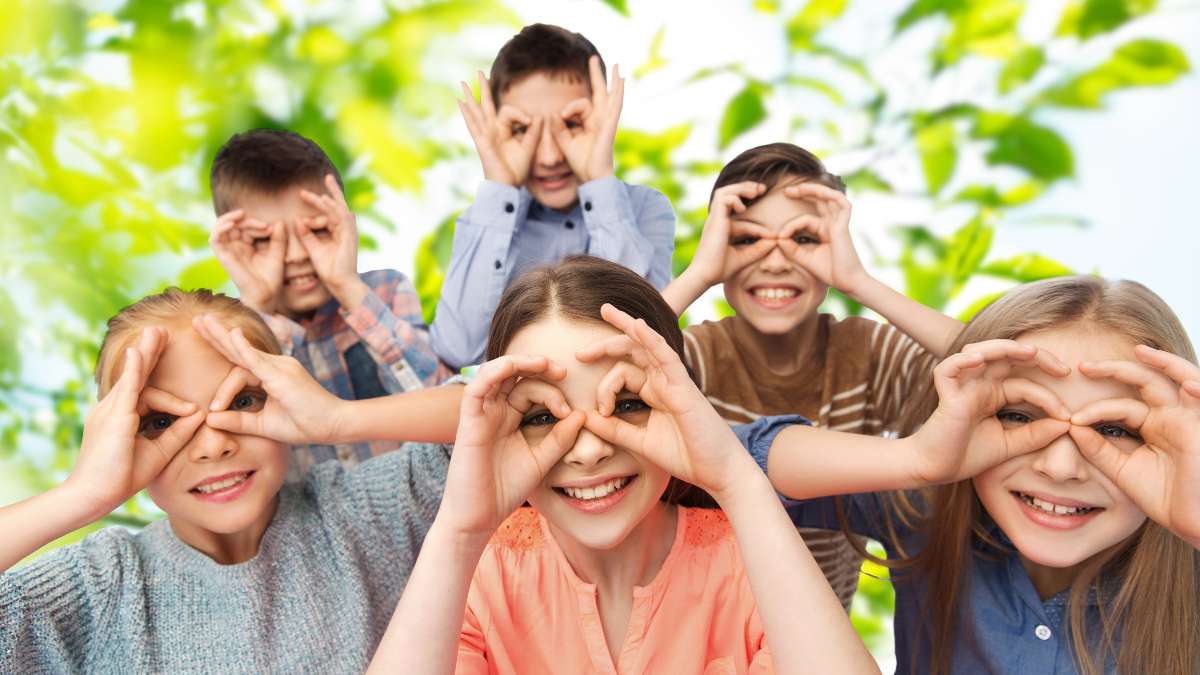As the cost of living continues to rise, many families are finding it harder to balance their finances. This is particularly evident in states like Nevada, where childcare is among the most expensive in the country relative to household income. A recent survey conducted in both English and Spanish between August 17 and 29, with a 4.5% margin of error, reveals strong support for expanding the Child Tax Credit and other key measures aimed at easing the financial burden on working families.
The Child Tax Credit has long been a crucial tool in reducing child poverty in the United States. However, its impact was significantly diminished when the temporary expansions introduced during the pandemic expired in 2022. During that period, the credit was increased to $3,600 for children under six and $3,000 for those aged six to seventeen.
The impact of the Child Tax Credit
According to the survey, 73% of Nevadans support reinstating these higher amounts, making the credit fully refundable for all families.
During the pandemic, this credit played a vital role in cutting child poverty by one-third. Now, many in Nevada are calling for its reinstatement. The measure has garnered bipartisan support, with 82% of Democrats and 64% of Republicans in favor of raising the credit to $3,600 per child.
For many families, this credit represents a lifeline, helping them afford basic necessities like food, clothing, and education for their children.
Childcare in Nevada: a financial burden
The report also highlights that Nevada has one of the highest childcare costs in the country relative to family income. On average, Nevada families spend about 32% of their income on childcare services, the highest percentage nationwide. This financial strain leaves many families struggling to strike a balance between working and affording the care their children need.
One of the most popular proposals in the survey is the idea of subsidizing childcare for low- and middle-income families. In Nevada, 77% of respondents support the notion that these families should not have to spend more than 7% of their income on childcare. This measure is widely backed across party lines, with 68% of Republicans and 85% of Democrats expressing support.
Universal preschool: a key investment
Another area that has gained widespread backing in the survey is funding for universal preschool education. Eight out of ten Nevadans support increasing investment in preschool programs, signaling a broad desire to ensure more equitable access to early childhood education.
Currently, Nevada has one of the lowest enrollment rates in state-funded preschool programs, with only 7% of four-year-olds enrolled. This figure is significantly lower than in other states, and the need for investment in this area is becoming increasingly apparent. The long-term benefits of preschool education are well-documented, including improved social-emotional skills and better health and educational outcomes later in life.
Support for preschool funding is not just a partisan issue. In Nevada, 94% of Democrats and 67% of Republicans agree that increasing investment in preschool education is crucial for children’s development and the well-being of families. This overwhelming support reflects a growing societal shift toward recognizing early childhood education as a vital investment in the future.
Bipartisan support for paid family and medical leave policies
Another policy that received significant backing in the survey is the creation of a federal paid family and medical leave program. Currently, Nevada lacks a law guaranteeing paid family leave, forcing many families to choose between working and caring for a sick loved one. However, the survey indicates that 70% of Nevadans support implementing a federal program that would allow employees to receive two-thirds of their wages for up to 12 weeks of leave.
This policy has especially strong backing from Democrats, with 82% in favor, while support among Republicans is lower at 52%. Although there are partisan differences on this issue, the need for paid family leave is gaining traction in public debate, particularly after the pandemic exposed the vulnerabilities of the current system.




